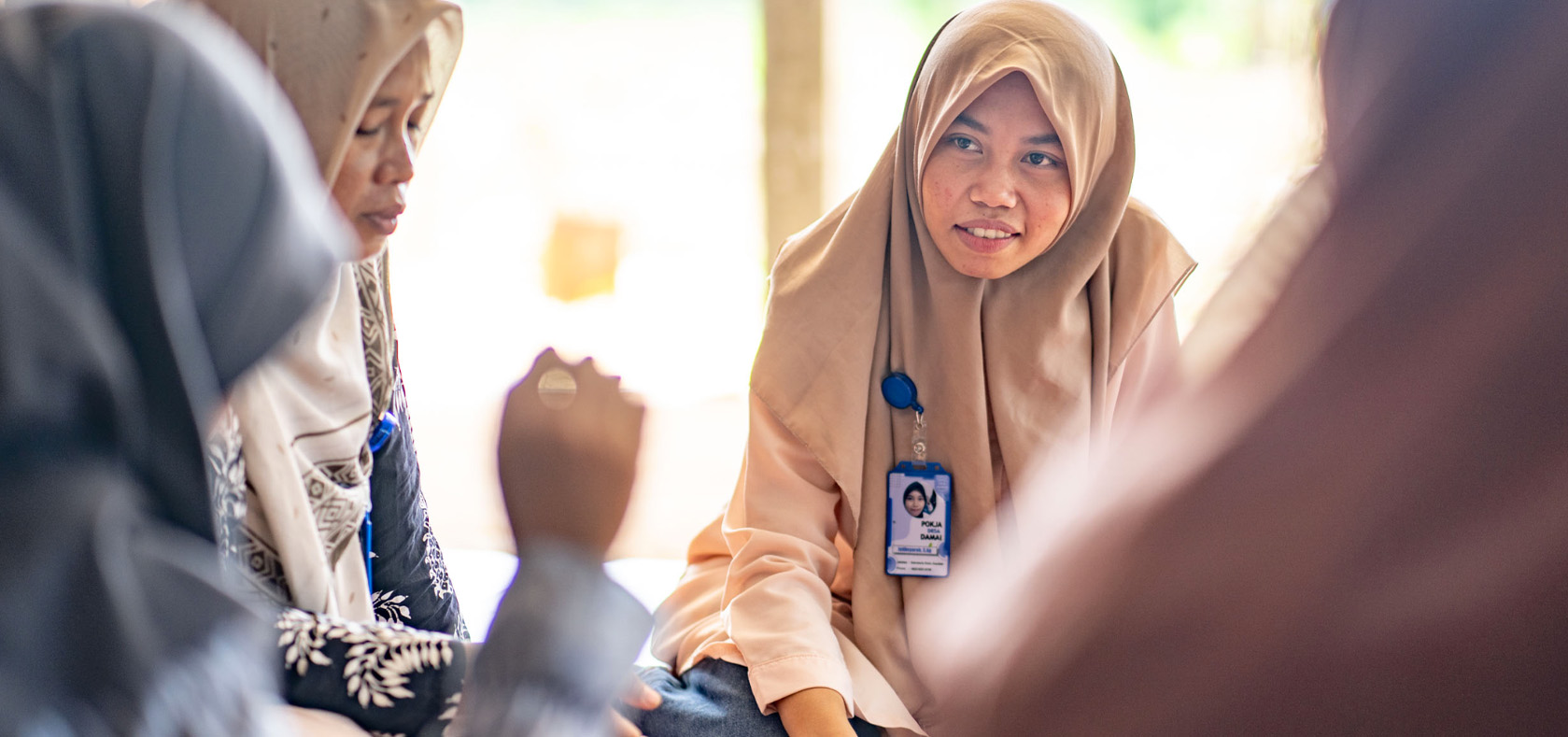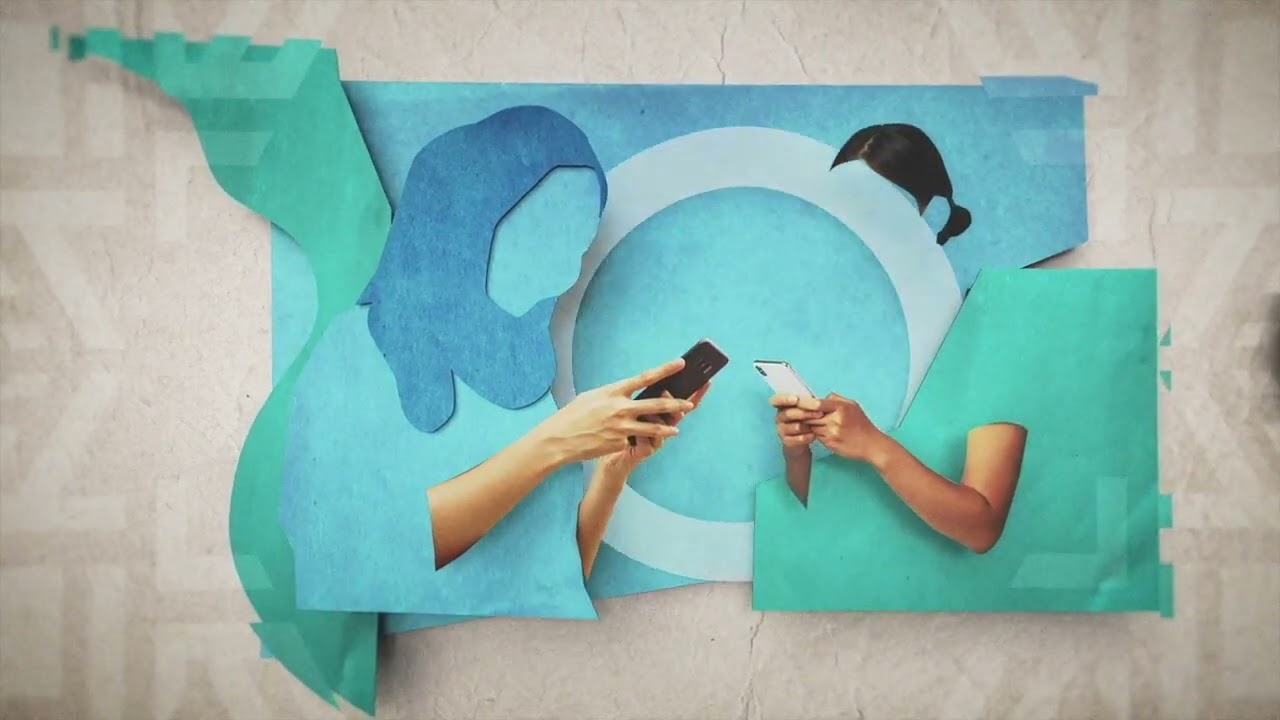Advancing gender-responsive justice
Through a co-creation process with the Pokjas and other community-based justice actors, including community leaders and government-appointed village heads, community referral guidelines were developed to provide practical steps to enhance women’s access to justice in the villages.
Involving Pokjas, local government, and the Provincial Integrated Service Center for the Empowerment of Women and Children, a community monitoring & evaluation system was developed and adopted to document women’s rights concerns, including formal and informal justice procedures. This led to the development of a ‘Guidebook for the Approach and Mechanism for Community-Based Protection for Women and Girls to Access formal and informal justice’. The guidelines include basic paralegal knowledge, referral procedures and formal justice structures, and advocacy strategies for women’s rights. A user-friendly version was also developed to empower members of the community to protect their families and community from human rights violations concerns, including how they protect themselves and their community from disaster:
- Community-Based Monitoring and Evaluation System and Tools in Advocating for the Rights of Women and Children
- Guidebook Community-Based Monitoring and Evaluation Tools and Systems in Advocating For The Rights of Women and Children - Peace Village/Kelurahan Working Group
Through the Access to Justice programme interventions, a platform for regular exchange between the Peace Village Pokja members and counselling services, Civil Society Organizations (CSOs), and governmental legal aid services was established, which led to a formalized agreement between the parties to ease the referral of women seeking justice to these services.

